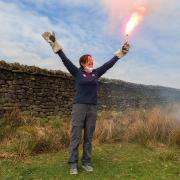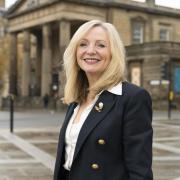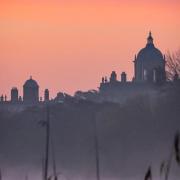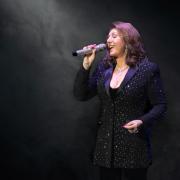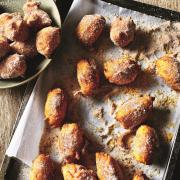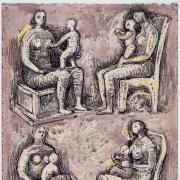How long-lost Yorkshire words cast a spell on JK Rowling
Be honest now, would you know how to spot a squib at fifty paces or catch a particularly nifty niffler?
All you fans of boy wizard Harry Potter can stop waving your quidditch sticks in the air – we know these words are very familiar to you – but what of the five or six people in the county who haven’t read JK Rowling’s books?
A new dictionary of Yorkshire language compiled by historian Dr George Redmonds, who died in August last year at the age of 82, suggests these ancient words, used to great effect in the Harry Potter series, were once in common parlance in God’s Own County.
Alexandra Medcalf, editor of the dictionary and project archivist at the Borthwick Institute for Archives at the University of York, said: ‘JK Rowling’s Harry Potter vocabulary is famously steeped in mythology and folklore and she is known to use dialect terms in her work. For example, Dumbledore is a West Country word for bumblebee.
‘It seems plausible then that old Yorkshire terms form part of the source of squibs and the niffler.’
For those of you still scratching your non-Potterheads, Rowling’s squibs are magic-born people who can’t use magic and nifflers are creatures in Fantastic Beasts and Where to Find Them with a penchant for stealing shiny trinkets.
Flick through Dr Redmonds’ dictionary and you will find that squib was a Yorkshire word for a firework at the time of Guy Fawkes (a man with a penchant for lighting up the night sky). This led to the associated phrase ‘a damp squib’, referring to a dud firework and, so, to Rowling’s dud wizards.
Similarly, the dictionary records the verb ‘to nifle’ as ‘stealing trifling objects, or objects of little value’, citing the court records of a thief found guilty of ‘nifling’ at Barnby Dunn in 1755.
Other Yorkshire-Potter connections include ‘wiggen’, an old word for the mountain ash or rowan tree, which people believed protected them from evil spirits during witchcraft trials. In Harry Potter, the bark of the wiggentree is used in potion-making and anyone who touches the trunk is protected from ‘dark creatures’.
The dictionary will be officially launched on January 11th at the Ron Cooke Hub at the University of York to coincide with its publication online (a hard copy will be released later in the year) with a talk by Barnsley poet, broadcaster and presenter of BBC Radio 3’s The Verb, Ian McMillan.
There will also be a screening of a film by University of York students, which uses words from the dictionary to bring medieval Yorkshire’s farms, pubs, homes and Wars of the Roses battlefields to life.
The dictionary, edited and produced by the Borthwick Institute at the University of York, builds on the work of Dr Redmonds, who amassed a catalogue of thousands of old Yorkshire terms and phrases over 60 years, carefully recorded on index cards, complete with a definition and source references.










